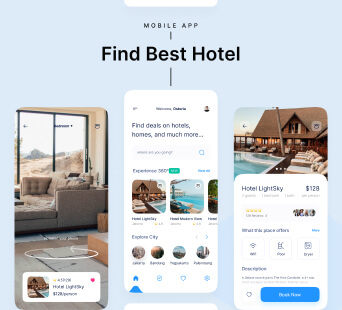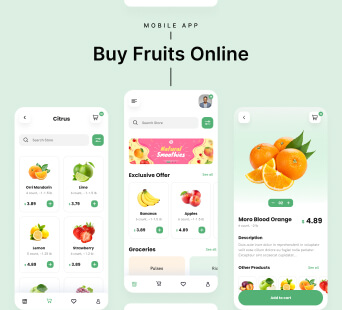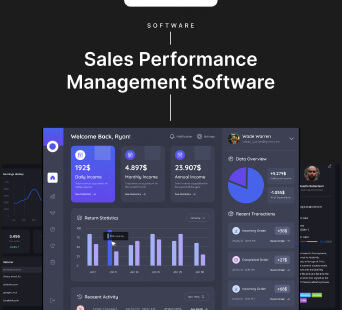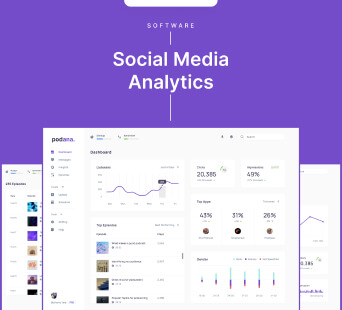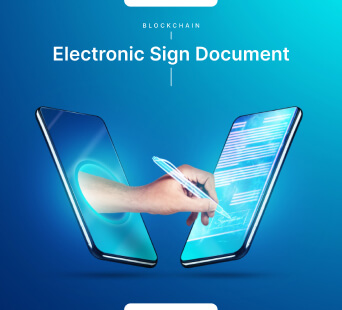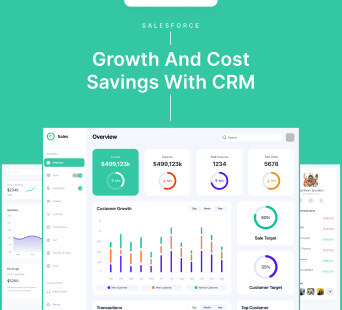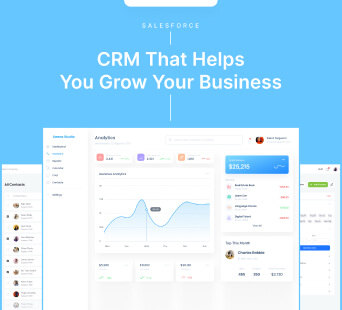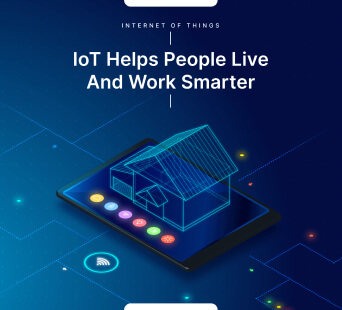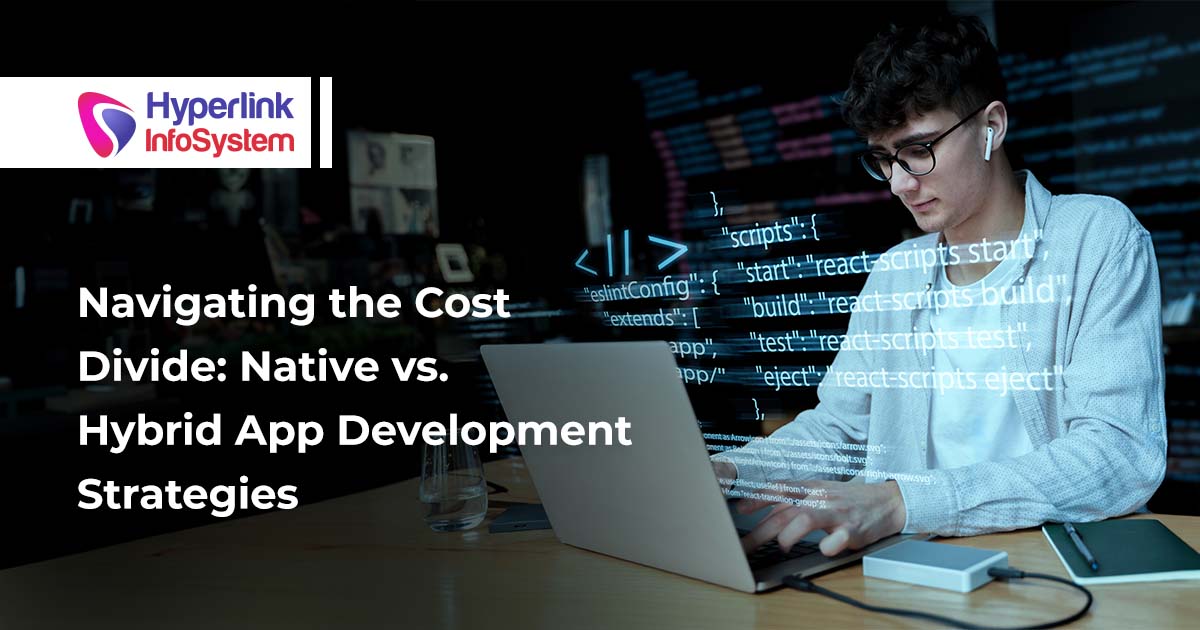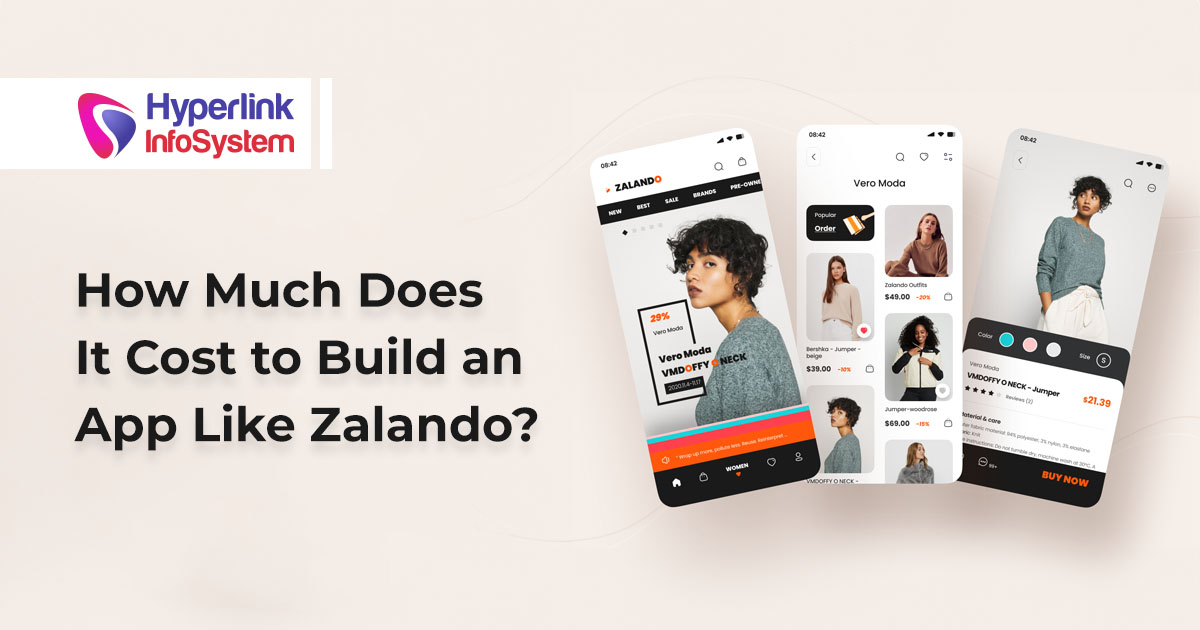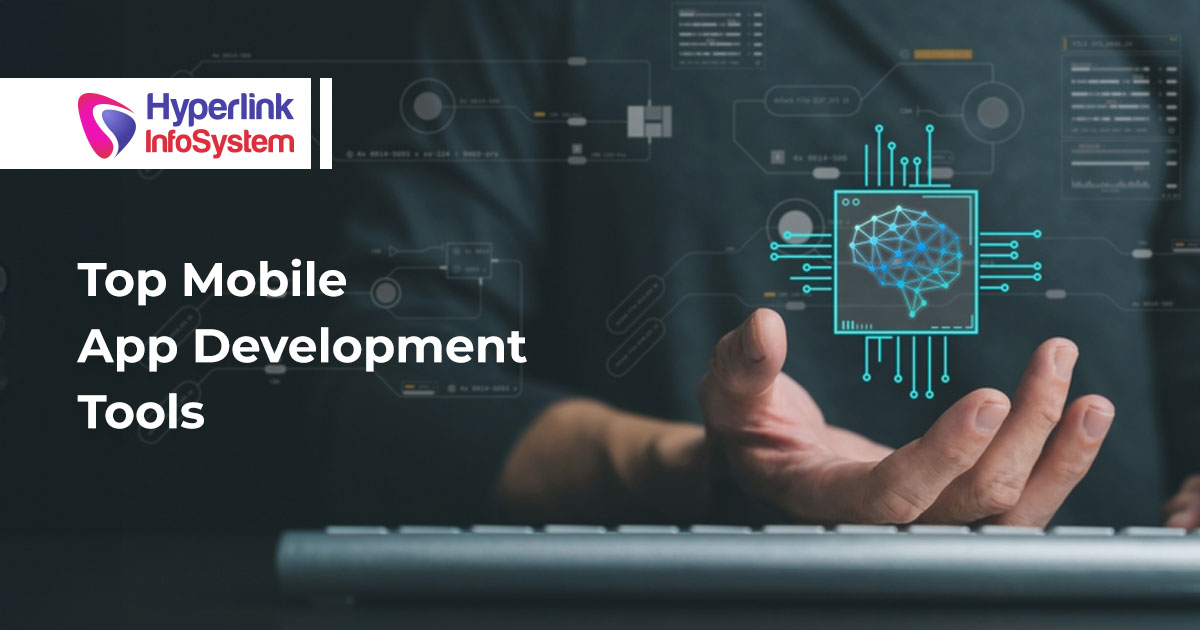iPhone mobile applications are widely famous for their extensive user-pleasing service offerings. If you are missing out on this, this is the right time to reach out to our iPhone app developers. iOS developers at Hyperlink InfoSystem are serving iPhone app development services with user-pleasing mobile UI design, top-notch features, and enriched functionalities that help businesses to have the best possible benefits of iPhone app development.
iPhone app developers at Hyperlink InfoSystem are proficient with multiple programming languages such as Swift, Java, and more to develop Native as well as Hybrid mobile applications with minimum development efforts. To match up the development efforts, iOS app designers at Hyperlink InfoSystem offer stunning UI/UX app design services to deliver extraordinary user experience for iPhone mobile applications.
The combined efforts of our iPhone app developers, app designers, testers, and more make us one of the most preferred iPhone app development companies for the global client base. At Hyperlink InfoSystem, we offer accessibility to hire iPhone developers with extensive development knowledge and understanding of the latest tech stacks to get the best possible development outcomes.





